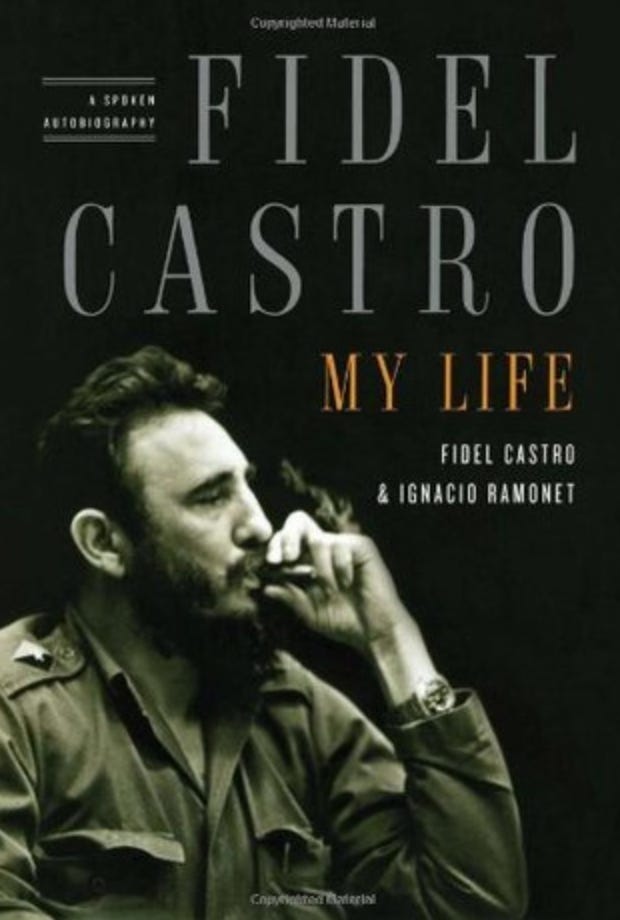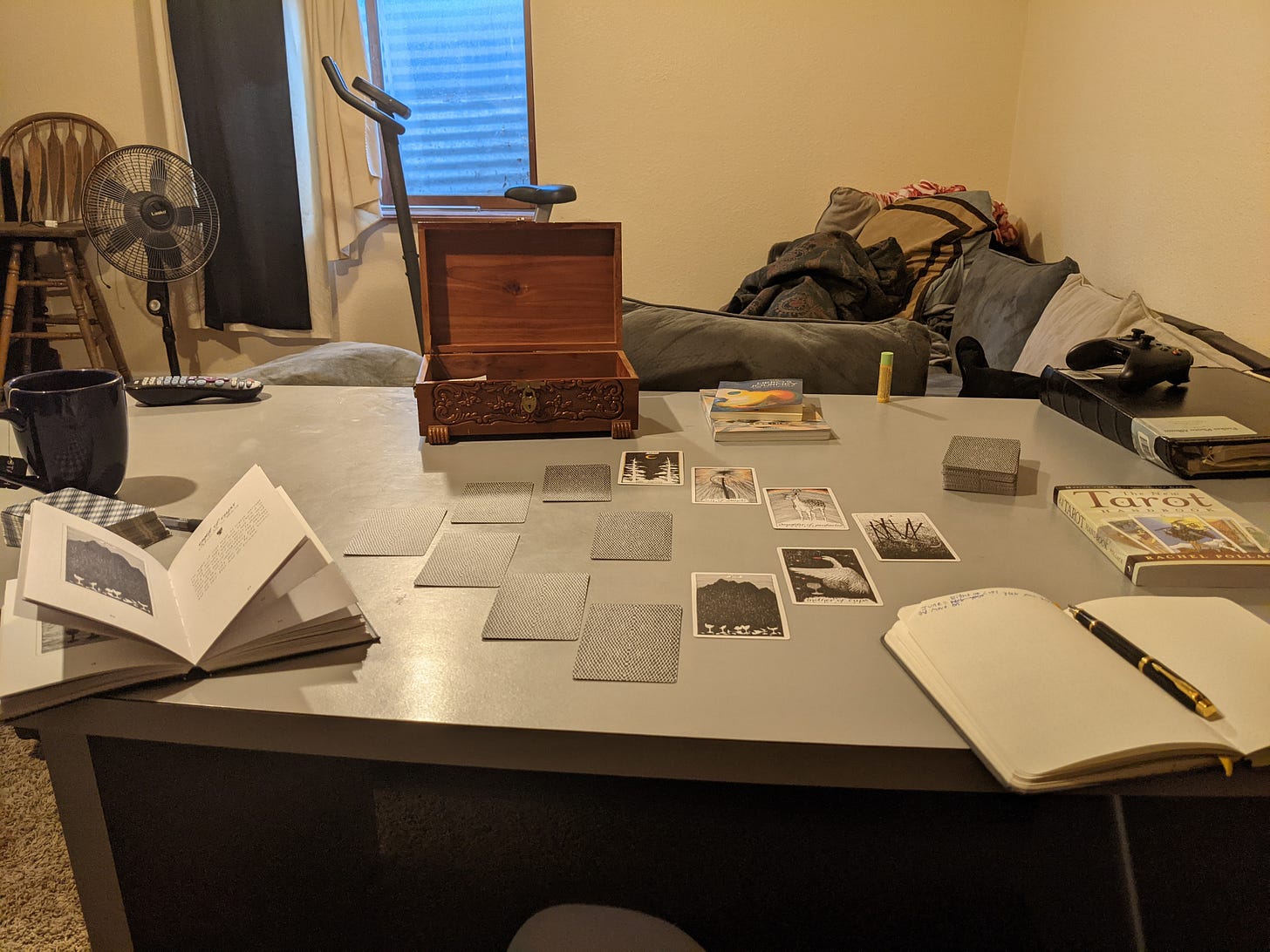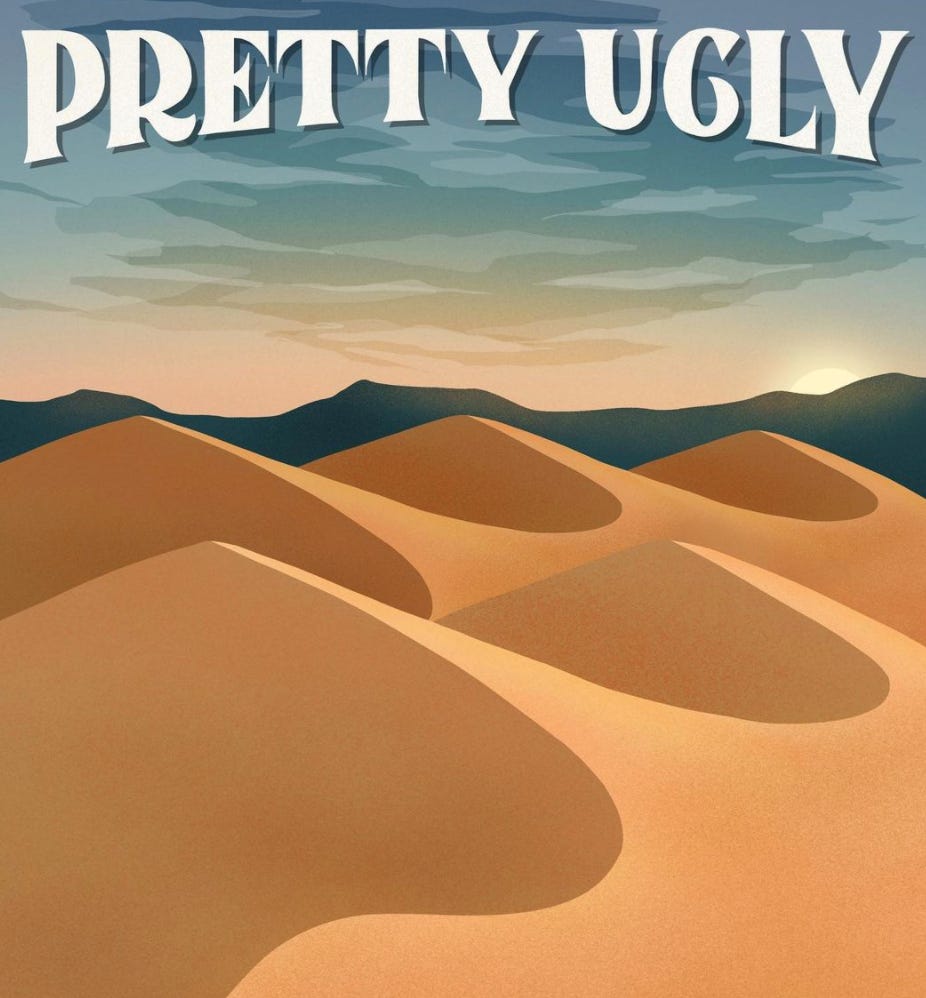
“You can have literature without literary criticism, but you can’t have literary criticism without literature.”
-My Literature Professor
I have a weird confession to make: I love reading one-star reviews of famous places and literary classics. This could include national parks like Rocky Mountain or Arches (4.9 and 4.7 average stars), landmarks like the Sydney Opera House or The Hoover Dam (both of which are rated 4.7 stars), and The Great Gatsby (which more than 11,000 people have given one star to on Goodreads).
Here are some of my favorites:
1) Arches National Park:
Twas hot in the DESERT?! I certainly shan’t be visiting.
2) Rocky Mountain National Park:
It certainly was rude of those damn conservationists to not pave over the mountains before you visited!
3) Sydney Opera House:
Where’s the remote? Nobody told us opera would be loud!
As I scroll through these, laughing, I often wonder if anyone is taking these ridiculous people seriously. Has anyone been on the verge of leaving for Australia, then stumbled on that guy’s idiocy and gone: “Honey, James from Missouri says that opera is loud! BURN THE TICKETS! We’re going to Six Flags again. Nothing loud will happen there!”
It’s hard for me to fathom the level of basic silliness it requires to think that any review of the Sydney Opera House is worth writing or posting. But I’m clearly in the minority. Almost 60,000 people have reviewed this beautiful piece of architecture to date.
The Sydney Opera House is an engineering feat so unbelievable that it has come to represent an entire country. I was simply in awe when I saw it. It didn’t occur to me to review it, just like it’s never occurred to me to review a national park or a mountain or a river. Those things simply are. They’re much bigger than me. My opinion of them is not important. They are.
That’s why I started this with a quote from my professor. I keep it in my mind when I look up one-star reviews of books I love. The books would exist without the critics. But without the books? The critics would have nothing to criticize. Artists are trailblazers. Critics are leeches on their legs from the rivers the artists step through on their way to greatness.
Is your opinion of The Great Gatsby really worth seven paragraphs and an hour of your time? NO!
Put that energy towards writing a better story, for God’s sake!
It’s fun to read through one-star reviews on something like the Sydney Opera House, or great works of literature. Sadly, I’ve realized that people who have given a national park one star have often also gone around randomly sprinkling one-star reviews on innocent, perhaps struggling small businesses.
Don’t be like this! Remember:
If every room you enter is full of nothing but assholes, there’s a good chance you’re the asshole.
I used to work for a fantastic family-run Steakhouse (if you’re ever in Fort Collins, it’s worth a visit). I found out through working there that the most popular review platforms are not democratic. They create the illusion of democracy for their reviewers, but when you look up restaurants on your favorite review platform, the ones you see at the top are the ones that have paid the most to be at the top. Not the most highly reviewed. Review platforms are double agents. They bully small businesses into paying them, not unlike old-timey loan sharks.
When we were first starting as a restaurant, we often had to call people who’d left one-star reviews and ask them to take them down, offering gift cards and other bribes so that they wouldn’t unfairly weigh our reputation.
A few times, we looked at other things these people had reviewed. They almost always left one star on everything else (including a gas station on one memorable occasion), because they were apparently living miserable lives.
If every review that you leave is one or two stars, with pretentious comments about how your expectations weren’t met, there is a great chance your perception of the world is to blame, not the world.
The same is true for people who only leave five-star reviews, but they are out there having a way better time than you, because their perception of the world is more positive than yours.
Does that sting? Good!
If I have a negative experience (short of, I suppose, physical harm to my body as a result) I see it as an opportunity to exercise humility. What if I didn’t like the food, based on personal taste? I ask myself.
Then I think about my qualifications. I’m unqualified to write food reviews. I have little to no kitchen experience. Does this restaurant deserve a low review because I don’t know anything? I don’t have to come here again if I don’t want to, do I?
The next time you have a bad experience at a restaurant, or experience a mild inconvenience, why not put the energy towards something useful?
Create your own better bistro. Paint! Write the next great American novel. Glue some cotton balls to a wall in the shape of John Lennon.
Be the trailblazer, not the leech. Negativity just adds to the noise.
Something Awesome:
Before we get to today’s books, I’d like to speak again about something that I’m really excited about. I’ve started collaborating with Baron Fig! My last post was about how much I love their journals. Here’s a picture of a Tarot spread I did earlier this year, with a Baron Fig Confidant transformed into a Tarot Journal:
If you’re in need of a great journal, a fantastic pen, or a starter kit that combines both with a beautiful zip folio, I give all of them my personal five-star recommendation (starter kit pictured below).

*The above are affiliate links*
Something funny that a friend sent me because she knows I love one-star reviews:
If y’all are on Instagram, check out subpar parks. Artist Amber Share creates stickers and animations based on one-star reviews people write of national parks. Here’s one she created from a review of Mojave national preserve:
What I Read This Week:
My Life: A Spoken Autobiography by Fidel Castro and Ignacio Ramonet

“There is often talk of human rights, but it is also necessary to talk of the rights of humanity. Why should some people walk barefoot, so that others can travel in luxurious cars? Why should some live for thirty-five years, so that others can live for seventy years? Why should some be miserably poor, so that others can be hugely rich? I speak on behalf of the children in the world who do not have a piece of bread. I speak on the behalf of the sick who have no medicine, of those whose rights to life and human dignity have been denied.”
― Fidel Castro
I’ve become captivated by the late 50’s/early 60’s era. It produced so many fascinating revolutionaries and public figures (Nelson Mandela, Che Guevara, Joan Didion, Malcolm X, Muhammad Ali, Martin Luther King, just to name a few). I’ve been reading about as many of them as I can.
This book is an oral history, written as an interview. Castro knew towards the end of his life that he wouldn’t have time to write his own memoirs, so he agreed to conduct a series of autobiographical interviews and tell his story.
I loved it.
Whether or not I agree with his politics, the guy led a revolution that overthrew a corrupt dictator and gave one of the 20th century’s most powerful speeches.
This book ranges widely, covering how Fidel grew up, how he became a revolutionary, and (most importantly to me) his bromance with Che Guevara. It’s an intimate portrait of the longest-serving leader in the 20th century at the end of his life. I highly recommend it.
To help further your understanding, here is a New Yorker article I found this week that talks about some of the crises that Cuba is currently facing.
An awesome podcast/audiobook:
The Bomber Mafia by Malcolm Gladwell
In season five of Revisionist History, Malcolm Gladwell told us the story over four episodes of the history of bombing in WWII, and how that tied in to the invention and misuse of Napalm in Vietnam.
In his new book/show, he goes much deeper into that same story. I’m only about halfway through, but I am loving it! If you are a history buff, especially of the WWII era, this is a must.
The Bomber Mafia is an experiment by the author to tell a story in a new way, mixing podcast and audiobook with a written supplementary guide. It costs $15, but I’m already feeling that that was money well spent. It’s more than six hours long, told in podcast style.
And now, the good news story of the week!
On April 21st, NASA’s Mars rover Perseverance managed to convert some of the CO2 in Mars’s atmosphere into oxygen, using this toaster-sized instrument (which cost vastly more than a toaster to invent at $40 million):

The possibilities are astounding. Oxygen can be synthesized and used as rocket fuel. Perhaps someday, we’ll be able to create breathable air for astronauts on Mars.
The full story can be found here.
Thanks for tuning in folks! As always, you can respond directly to interact with me. Please hit “like” or leave a comment if you liked what you read. If you really liked what you read, please hit share! We’ve almost reached 2000 people, so anything you can do to put us over the top would be appreciated :)


















Share this post